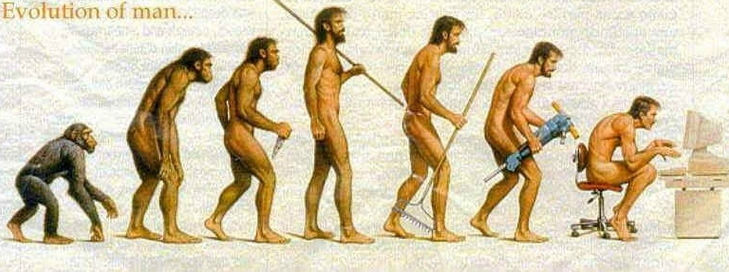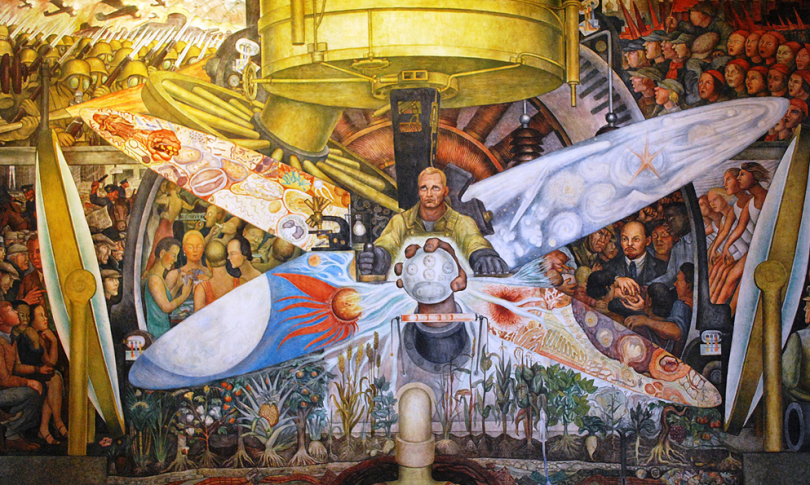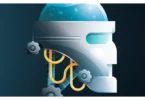aNewDomain — Virtually every social peril we face today is traceable to roboticism.
— Virtually every social peril we face today is traceable to roboticism.
Look around. We’re in the midst of a firestorm of Twitter feeds, fake news stories and raw, unfiltered propaganda. These all seem to converge on one basic purpose: to compel a needy populace to heel at the foot of the powerful.
Right here, right now, in the freedom-loving USA., we’ve been thrust into a fantasy world of strong-arm leadership, simplistic sloganeering and monarch-style nationalism. It’s not that these qualities have been absent at earlier times in history — far from it. But now they are showing up in ways both subtle and gross. And they are permeating our lives.
Are we truly entering the age of the Orwellian nightmare, a world where large swaths of the U.S. population are controlled, whether by gun or computer or ideology, and in fact are desperate to be controlled?
Are millions really so desperate to be lifted out of their own nightmares of physical and emotional impoverishment, the grind of routine and the hollowness of relationships — whether corporate or domestic or communal — that this is what they are agreeing to?
And just where is all this taking us?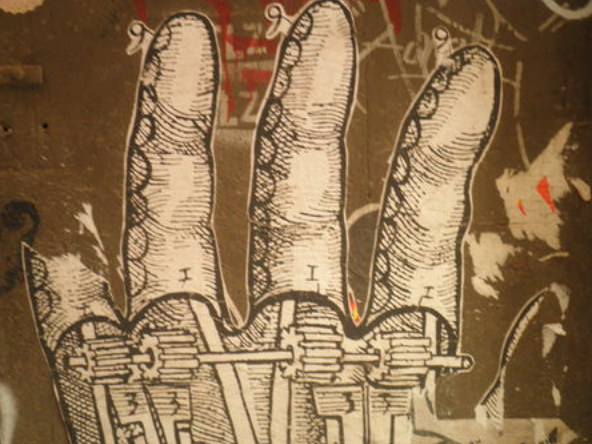
The world of texting and instagram and snapchat — of automated news, sound bites, religion “to go,” and endless streaming– has made us susceptible to a government that mocks freedom of the press, squelches inquiry and chides the dialogues among nations, ethnicities, cultures.
It’s no wonder that some 60 million of us in America have chosen this contraction, just as the speed, instant results and packaging of technology have reached an historical peak?
We are looking for fixes, in part because our age promises them, though it provides little or no help to counter.
Automation, the machine-model for living, is permeating our consciousness. Soon it will permeate the work force, too.
And many of us welcome that. On a myriad of levels, we even hunger for that.
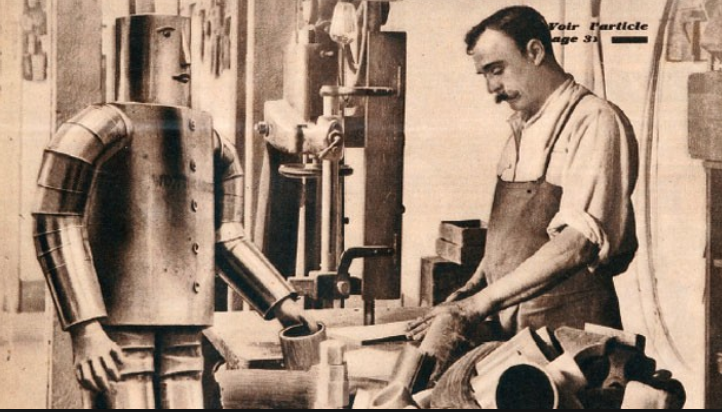 But what is lost in this headlong embrace is depth.
But what is lost in this headlong embrace is depth.
What is lost is the awesomeness, not just of our machines, but of our flesh, our formation from dust,and our ever-evolving venture through the portals of time.
Does our technology enhance this venture, divert us from it, point us toward it? Probably all three.
So why aren’t we using our new fangled gadgets to tap into every corner of our aliveness and our abilities to foster aliveness in others? Why is it such a grind for people, and the nagging sense that we are marching collectively–and willingly–to our doom.
This at least is what many of our science fiction writers warn. Our artists. But it is also what I see daily as a depth psychotherapist–the broken spirits of once animated souls; abysses of pain in the heart of silicon glitter
The outlook here is no less concerning.
We no longer face just automated enhancements. We will soon face literal replicants, too. These creations will substitute for us — and potentially even replace our mortal coils.
Such heavy questions and issues are central to my work as a depth psychologist, where I am a privileged witness to people’s most intimate stories (including my own). And as you’ll see in my upcoming columns here, and especially in my upcoming book, they are central to my greater concerns, too.
The thing is to tell it plain about what it’s like to live here — to live now — in this harrowing new age. That is all I am setting out to do, in the end.
For aNewDomain, I’m Kirk Schneider.
The above is excerpted from Kirk Schneider’s forthcoming book, The Spirituality of Awe: Challenges to the Robotic Revolution.
